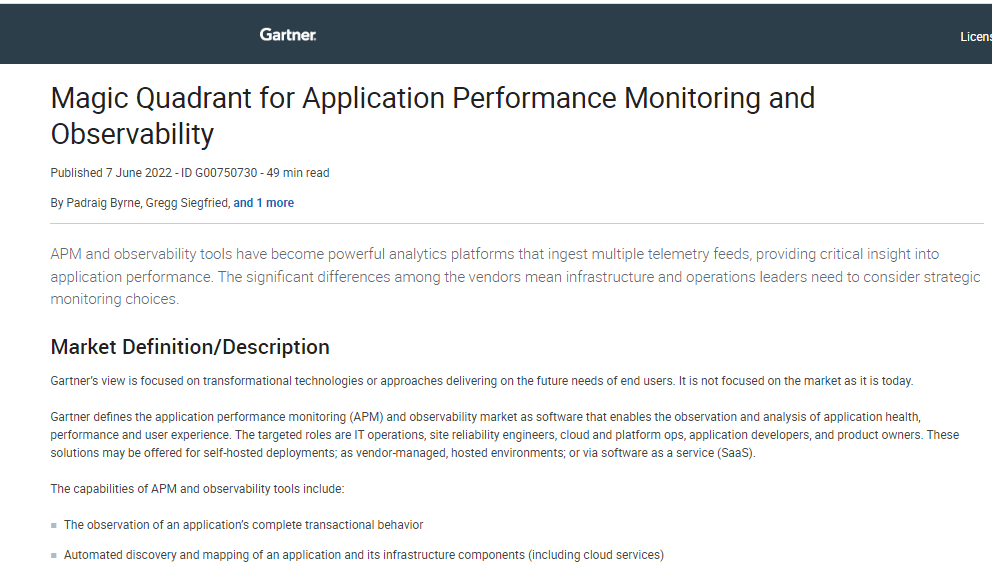Twitter API keys found leaked in over 3,200 apps, raising concerns for linked accounts
Business and verified Twitter accounts linked to affected apps are at risk of takeover, use in malicious campaigns


3,207 apps have been identified as exposing the application program interface (API) keys of linked Twitter accounts, which can be used by threat actors to take control of accounts and use them for malicious purposes.
Digital risk monitoring platform CloudSEK identified the threat using BeVirgil, their security search engine for mobile apps, and set out the details in a report. Of the 3,207 apps, 230 apps were leaking all four authentication credentials necessary to fully take over accounts, which can be accessed simply by downloading and decompiling each app.
Researchers stated that with the leaked keys, threat actors could access Twitter accounts and perform a range of actions such as read direct messages, retweet and like other tweets, delete tweets, remove or add followers and access account settings.
CloudSEK also outlined a scenario in which threat actors could use a ‘bot army’ of seized accounts to perform attacks such as widespread disinformation campaigns, having verified accounts post malware or phishing links, inflate or deflate stock with spam posts, or promote cryptocurrency.
Aside from the immediate cost to companies of recovering accounts, the potential for reputational damage as a result of the vulnerability is sizeable.
Verified accounts in particular are prized by threat actors for their perceived trustworthiness, but after widespread tweets containing malware or phishing links, customers might struggle to trust a company’s Twitter again.
57 of the apps had premium or enterprise subscriptions for Twitter API, which cost between $149 and $,2499 per month. Researchers indicated that the apps affected ranged in size from small to very large 'unicorns'.
Get the ITPro daily newsletter
Sign up today and you will receive a free copy of our Future Focus 2025 report - the leading guidance on AI, cybersecurity and other IT challenges as per 700+ senior executives
APIs are used to extend the functionality of an app to other developers, allowing them to embed the app in novel ways within their own program through the use of an interface.
Twitter uses OAuth tokens to link user accounts through the API without the need for the user’s password each time, and the standard is similarly used by Google, Facebook and Microsoft.
Researchers advised app developers to avoid directly embedding API keys in the code, and to observe several practices such as standardised review procedures, hiding keys in variables, and rotating keys regularly.
Advisories have been sent to the respective developers. However, Bleeping Computer reports that CloudSEK has not received acknowledgement from many of the apps exposing keys that changes have been implemented to fix the vulnerabilities. As a result, researchers have held off from publishing app names, to prevent spreading live vulnerability information.
"Whilst the "hack" itself is enabled by sloppy coding practices it highlights a very important point," commented Michael Tanaka, chief commercial officer at security firm MIRACL.
"The attacker can only abuse the privileges that the user has given to the app. Users should always review and question the purpose of any requested privileges, and if there is any doubt, deny them."
IT Pro has approached CloudSEK for comment.
This article has been updated to include comment from Michael Tanaka.

Rory Bathgate is Features and Multimedia Editor at ITPro, overseeing all in-depth content and case studies. He can also be found co-hosting the ITPro Podcast with Jane McCallion, swapping a keyboard for a microphone to discuss the latest learnings with thought leaders from across the tech sector.
In his free time, Rory enjoys photography, video editing, and good science fiction. After graduating from the University of Kent with a BA in English and American Literature, Rory undertook an MA in Eighteenth-Century Studies at King’s College London. He joined ITPro in 2022 as a graduate, following four years in student journalism. You can contact Rory at rory.bathgate@futurenet.com or on LinkedIn.
-
 Bigger salaries, more burnout: Is the CISO role in crisis?
Bigger salaries, more burnout: Is the CISO role in crisis?In-depth CISOs are more stressed than ever before – but why is this and what can be done?
By Kate O'Flaherty Published
-
 Cheap cyber crime kits can be bought on the dark web for less than $25
Cheap cyber crime kits can be bought on the dark web for less than $25News Research from NordVPN shows phishing kits are now widely available on the dark web and via messaging apps like Telegram, and are often selling for less than $25.
By Emma Woollacott Published
-
 Azure AD vulnerability gave attackers backdoor authentication control
Azure AD vulnerability gave attackers backdoor authentication controlNews Secureworks shared its findings with Microsoft in 2022, and the company has since issued changes to improve audit logs
By Ross Kelly Published
-
 Using APIs to rewire supply chains in 2023
Using APIs to rewire supply chains in 2023In-depth Supply chains are on the mend after breaking down recently, and APIs are helping stakeholders get a better handle on data
By Rich McEachran Published
-
 Better APIs for better business
Better APIs for better businessWhitepaper Realities of API security
By ITPro Published
-
 Hackers hijack Namecheap's email platform to phish its customer base
Hackers hijack Namecheap's email platform to phish its customer baseNews Customers received scam emails made to look like notices from delivery firm DHL and crypto wallet MetaMask
By Rory Bathgate Published
-
 The IT Pro Podcast: The problem with APIs
The IT Pro Podcast: The problem with APIsIT Pro Podcast With API attacks on the rise, knowing your attack surface is crucial
By IT Pro Published
-
 Podcast transcript: The problem with APIs
Podcast transcript: The problem with APIsIT Pro Podcast Read the full transcript for this episode of the IT Pro Podcast
By IT Pro Published
-
 Magic quadrant for application performance monitoring and observability
Magic quadrant for application performance monitoring and observabilityWhitepaper Enabling continuous updating of diverse & dynamic application environments
By ITPro Published
-
 Google brings Privacy Sandbox initiative to Android
Google brings Privacy Sandbox initiative to AndroidNews Multi-year effort likely to bring new Topics API to mobile OS
By Danny Bradbury Published